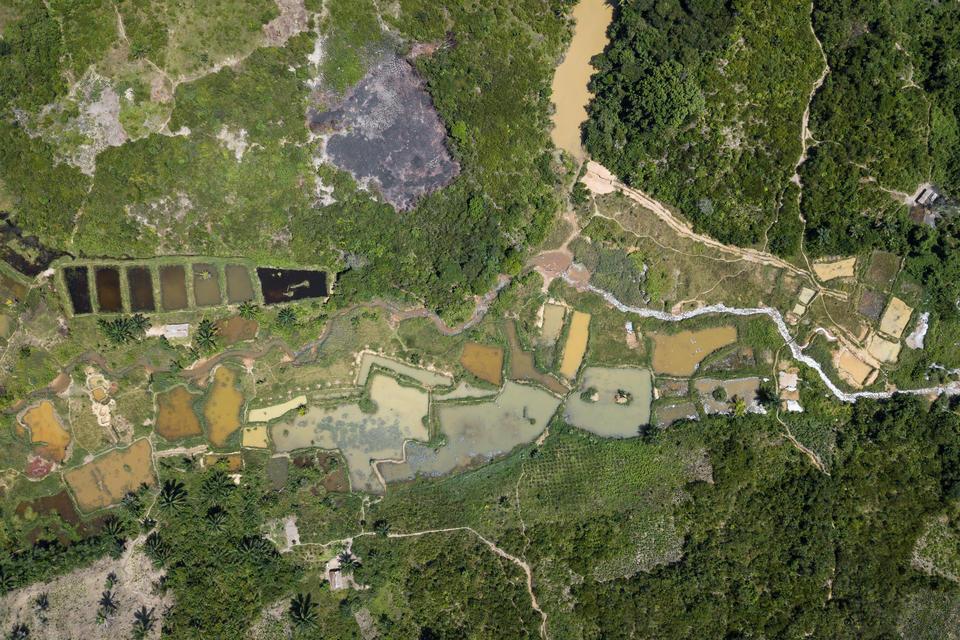How good is the data for tracking countries' agricultural greenhouse gas emissions?
Inconsistent and inadequate reporting by low-and-middle-income countries (LMICs), uncertainties in reported data, and a lack of robust activity data and locally specific emission factors have been found to curb effective policy action. GHG inventories are the foundation for accounting and tracking progress toward mitigation goals and decision-makers must have access to reliable, legible, and consistent data to make informed
How good is the data for tracking countries' agricultural greenhouse gas emissions?

Inconsistent and inadequate reporting by low-and-middle-income countries (LMICs), uncertainties in reported data, and a lack of robust activity data and locally specific emission factors have been found to curb effective policy action. GHG inventories are the foundation for accounting and tracking progress toward mitigation goals and decision-makers must have access to reliable, legible, and consistent data to make informed decisions.
A review of UNFCCC country-reported agricultural greenhouse gas (GHG) data and three independent global databases provides an in-depth analysis and inventory of reporting issues that affect national GHG inventories. Inventories were characterized by quality and consistency aiming to enable better use of data and tracking progress toward climate change mitigation goals.
Results show a gap in LMIC reporting in the UNFCCC data, highlighting a need for more uniform reporting methodologies, especially to manage food security and climate change adaptation and mitigation. Policy and decision-makers should therefore use independent, non-UNFCCC emissions databases to triangulate UNFCCC data for emissions-related decisions.
Lead author Kyle Dittmer explained that “other analyses show a general lack of quality in UNFCCC reporting. UNFCCC-reported data should be the most official, but it’s often the most incomplete and is sometimes illegible. We identified specific areas to improve consistency.” Some examples of what affected the quality of countries’ reports included mistakes and a lack of reporting numbers, inconsistent global warming potentials, and legibility.
The authors give recommendations for how inventories can be enhanced to drive progress toward goals instead of limiting action. Dittmer also said that,
“developed nations must intensify their technical and financial support to LMICs to create and maintain institutional capacity, tools, and training for preparing accurate and transparent national GHG inventories.”
Developed nations cannot continue to fall short of their climate-finance pledges. Ambitious financial and technical support for LMICs is needed to fulfill the commitment wealthy nations made to the Paris Agreement so that decision-makers can accurately track progress, set mitigation priorities, and manage emissions.

